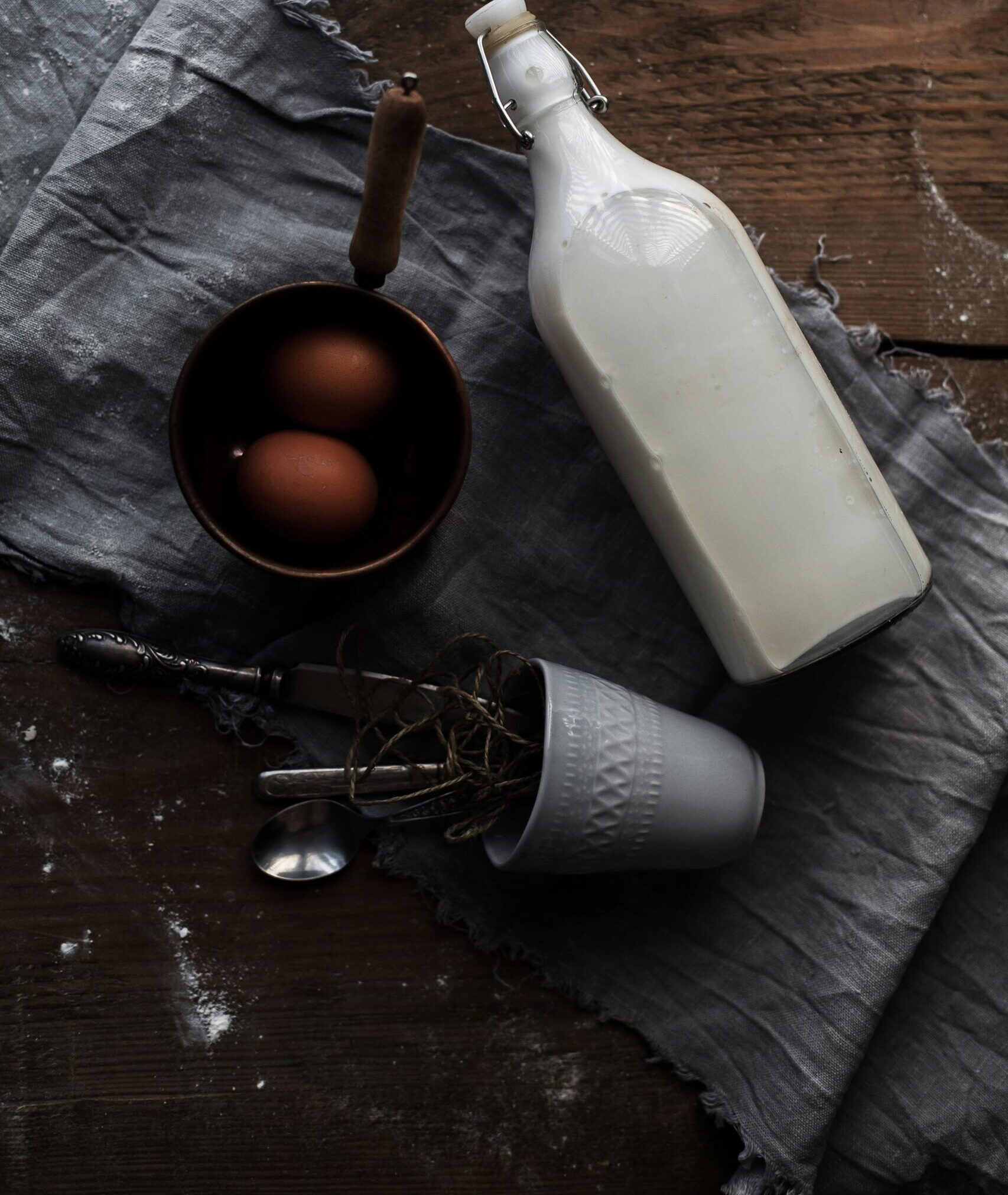A few years ago, when I was first learning about hormone imbalances and diet, I came across pro-metabolic eating. This way of eating is centred around foods and practices that aid in a healthy metabolism – eating within 30 – 60 minutes of waking up, consuming easy to digest foods, and eating enough to fuel your body. Nourishing foods like grass-fed meat and dairy, fruits, honey, and root vegetables are encouraged. During my research, I read a book called How To Heal Your Metabolism by Kate Deering. My favourite chapter – Super Proteins. In here, she talks about six different foods and why they work for your metabolism, gut health, energy levels and sleep. So, let me share with you the best protein sources for your hormone health, according to Kate.
Protein & hormone health
Protein is needed within the body for many things. The first being structure – muscle, hair, skin, bones. Collagen, elastin, and keratin are examples of structural proteins. It’s also required to produce muscle contractions and movement. Examples of motor proteins are actin and myosin. It’s important to note that protein is the basis for hormone production – these are called peptide hormones. Insulin, glucagon, growth hormone, prolactin, and thyroid-stimulating hormone are all examples. Kate advises to aim for between 120 – 150 grams of protein per day for a high metabolism and a moderately active lifestyle (about 25% of your daily calories). There is a balance – watch out for a protein intake that’s too low or too high!
Milk
Let me tell you how happy I was finding out that milk is a staple in pro-metabolic diets. My daily routine as a twelve year old consisted entirely of making chocolate milk as soon as I got home from school. The reason that milk is a super protein is because it’s the perfect balance of protein, carbs (sugars), and fats – a whole food. It’s also full of calcium and many other beneficial vitamins and minerals. Not all dairy is created equal, though. Kate notes that the most nutritious milk is from grass-fed cows and should be consumed raw if possible (not pasteurised or homogenised) for all the good bacteria and enzymes.
Eggs
While I don’t really eat eggs (only in baking), they are truly one of the best proteins. This is because they’re considered a complete protein – meaning they contain all the essential amino acids. While the egg white is higher in protein, the egg yolk contains most of the nutrients – vitamins A, E, D and K, calcium, iron, phosphorus, zinc, copper, thiamin, B6, folate, B12, potassium, magnesium and selenium, just to name a few. Just like milk, eggs are the most beneficial to our bodies when they are high in quality – organic and free-range.
Liver
I wouldn’t blame you if you didn’t want to try this one. But like I mentioned in this post, you can actually supplement it instead. And I would really recommend that you do. Liver is both high in protein and one of the most nutritionally-dense foods on this earth. It has the most concentrated source of vitamin A and one of the top for vitamin B12. It’s also high in copper, which is what truly maintains high energy levels. I choose to take grass-fed beef liver supplements (which are typically the most accessible), although if you can stomach it, nothing beats the real thing. If consuming liver in its raw form, keep the intake to about 100 grams once per week.
Gelatin & bone broth
As well as organ meats, the connective tissue of an animal also contains incredible benefits. When cooked, this tissue produces a gelatinous and nutrient-dense food that contains a healing protein – collagen / gelatin. If you’re wondering, the connective tissue consists of bones, skin, cartilage, tendons, and ligaments. Once again, as with all foods I’ve mentioned, grass-fed is always best. Grazing animals will produce stronger joints and bones, thus producing a gelatin-rich bone broth. Gelatin is known for soothing the gut, improving liver detoxification and wound healing. Unlike meat, eggs, and dairy, gelatin is a protein source that does not contain inflammatory amino acids such as tryptophan.
While I only shared four super proteins, Kate also mentions two others – shellfish and potatoes. Keep these six super protein sources on your mind when you’re on your next food shop – especially if you are looking for a higher metabolism and better hormone health.
Yours,
Kait x
Cover photo by Diana Light

